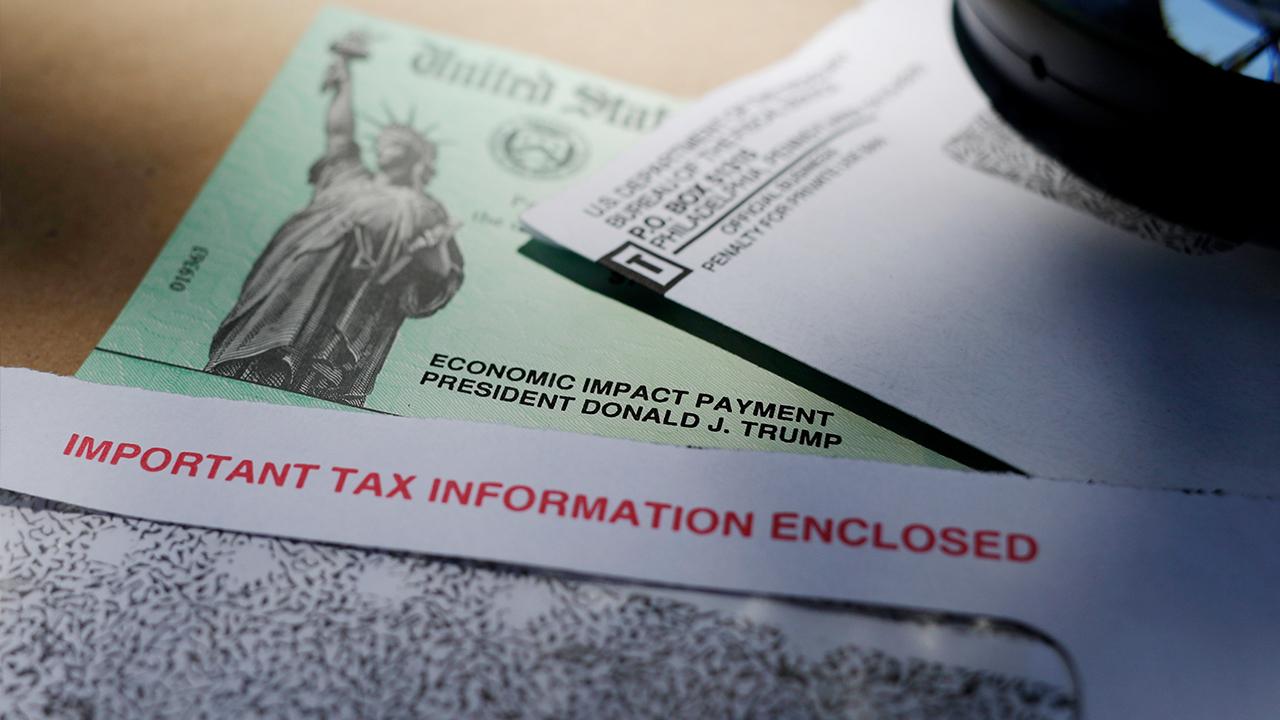Treasury considering additional stimulus checks if ‘need is still there’: Monica Crowley
Treasury Department spokesperson Monica Crowley on coronavirus stimulus and potential U.S. tariffs on the E.U. and the U.K.
The IRS has been criticized for sending more than $1 billion worth of economic impact payments to dead Americans, but a government watchdog report suggests it may not be worth the agency’s time to try to go about collecting the cash.
Continue Reading Below
The IRS sent about 965,000 stimulus payments to decedents, according to a report released this week by National Taxpayer Advocate Erin Collins.
MILLIONS OF TAXPAYERS RECEIVE IRS NOTICES WITH OLD PAYMENT DEADLINES
The IRS asked people who found these payments made to dead family members or friends to return them in May.
However, under the terms of the CARES Act, Collins noted that dead individuals are not specifically prohibited from receiving the money.
THESE TAXPAYERS SHOULD EXPECT ‘EXTREME’ REFUND DELAYS
Collins said if payments were made by the IRS despite the fact that it had information that an individual was dead, it should not spend resources pursuing the decedent’s estate or family members.
That classification would include most of the payments in question. Collins’ report said the IRS was aware that 837,000 of the 965,000 taxpayers had died but the agency had not programmed its systems to exclude decedents.
A similar situation occurred with stimulus payments made in 2008. However, at that time the IRS did not ask that they be returned and took no steps to collect the payments from either the taxpayers' families or estates.
GET FOX BUSINESS ON THE GO BY CLICKING HERE
Another group of people who have been asked to return payments is the incarcerated.
Collins asked the tax agency to issue more guidance on these payments, however, because some people may have been released from prison in 2020.
This group was also not prohibited from receiving payments under the language of the law.
As previously reported by FOX Business, the only reason the IRS can garnish a payment is for back-due child support.
CLICK HERE TO READ MORE ON FOX BUSINESS
Source: Read Full Article
